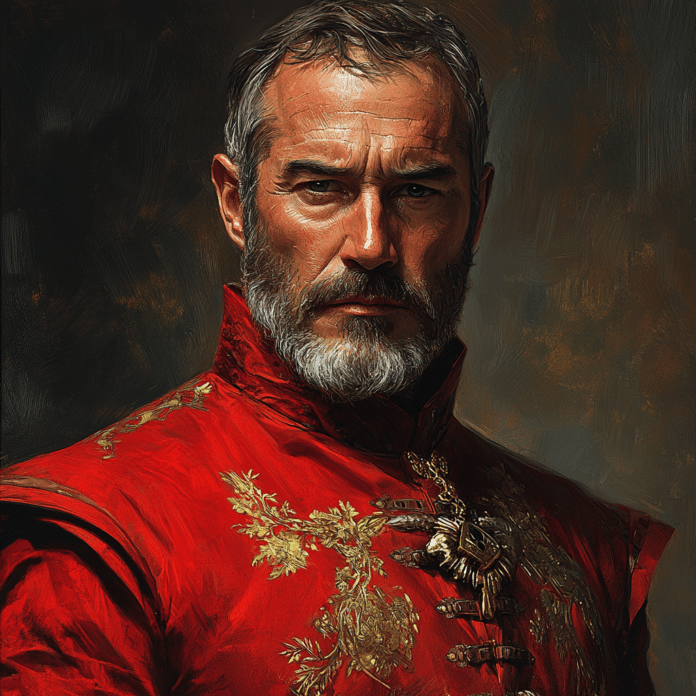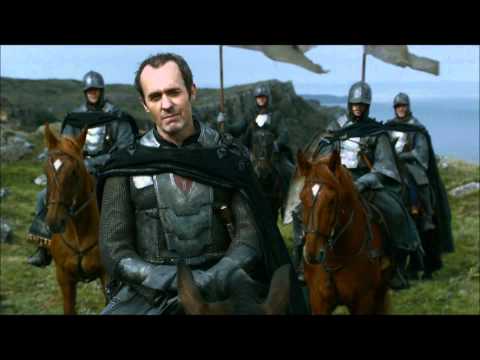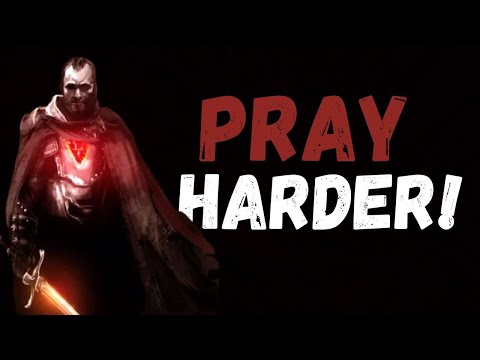Stannis Baratheon, a character steeped in ambition and moral quandaries, remains one of the most intricate figures from George R.R. Martin’s “A Song of Ice and Fire” and its popular HBO series, “Game of Thrones.” His quest for the Iron Throne is a display of unwavering determination and profound error, ultimately leading to his tragic downfall. This article dives into eight pivotal moments that shaped Stannis’s heartbreaking journey toward power.
1. The Weight of Legacy: Stannis Baratheon’s Claim to the Throne
Stannis’s story kicks off with a hefty legacy on his shoulders. As King Robert Baratheon’s middle child, Stannis believes he should rightfully claim the throne after Robert’s untimely death. However, his claim is muddied by the deceit over Robert’s supposed heirs, particularly by Joffrey Baratheon. If you think this is just a fantasy story, it rings true to real-world royal families, with historical conflicts reminiscent of the Wars of the Roses showcasing how inheritance can morph into a bloody contest.
Stannis’s rigid sense of honor portrays him as both noble and obstinate—a tragic combination if there ever was one. In a world riddled with political scheming, Stannis clings to the belief that rightful inheritance should trump the twisted game of power. But, as history teaches us, being strictly honorable doesn’t always equate to victory.
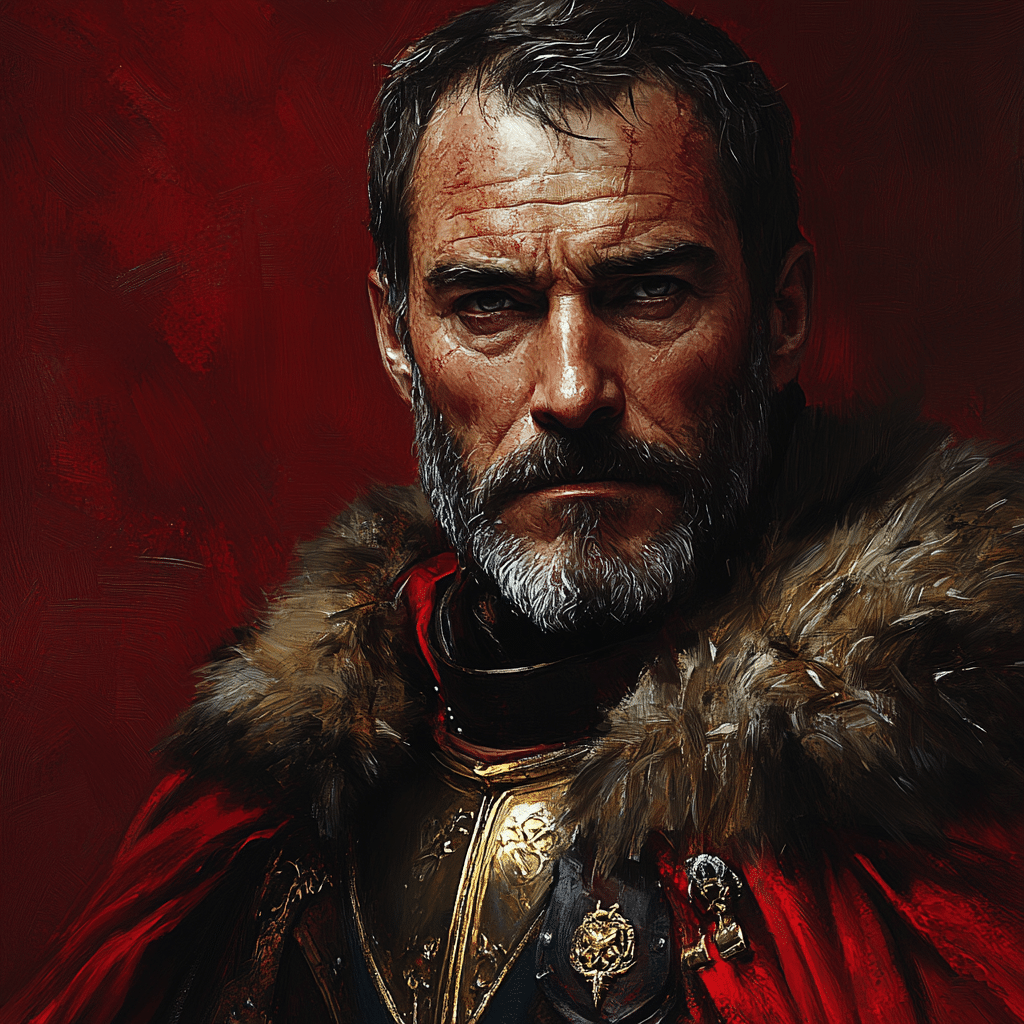
2. The Influence of Melisandre: Faith and Manipulation
Ah, Melisandre—the Red Woman who persuades Stannis to embrace what might be described as a “destiny.” Thanks to her visions of the Red God, Stannis elevates his ambitions, allowing faith to morph into delusion. While her prophecies fuel his desire for power, they also guide him down a grim path of moral decay.
Stannis becomes a prisoner of Melisandre’s manipulative designs, mirroring historical leaders, like Joseph Stalin, who leaned on charismatic figures for guidance while veering ever deeper into ideology-fueled darkness. This duality of seeking inspiration from a possibly misguided figure resonates profoundly with Stannis’s tragic trajectory toward the Iron Throne.
3. The Siege of Storm’s End: A Test of Resolve
Stannis’s military prowess shines during the siege of Storm’s End, his ancestral home. Here, he showcases strategic brilliance but also encounters the ruthlessness that often stains the pursuit of power. This event is not just a tactical maneuver. It sets the tone for a harsh path filled with drastic choices.
Drawing palpable comparisons to military greats like Napoleon Bonaparte, who often faced ethical dilemmas alongside their victories, Stannis’s harshness foreshadows the harsh compromises he eventually faces. His determination at Storm’s End manifests resilience, but it also plants the seeds for a troubled reign, illustrating the fine line between honor and ruthlessness.
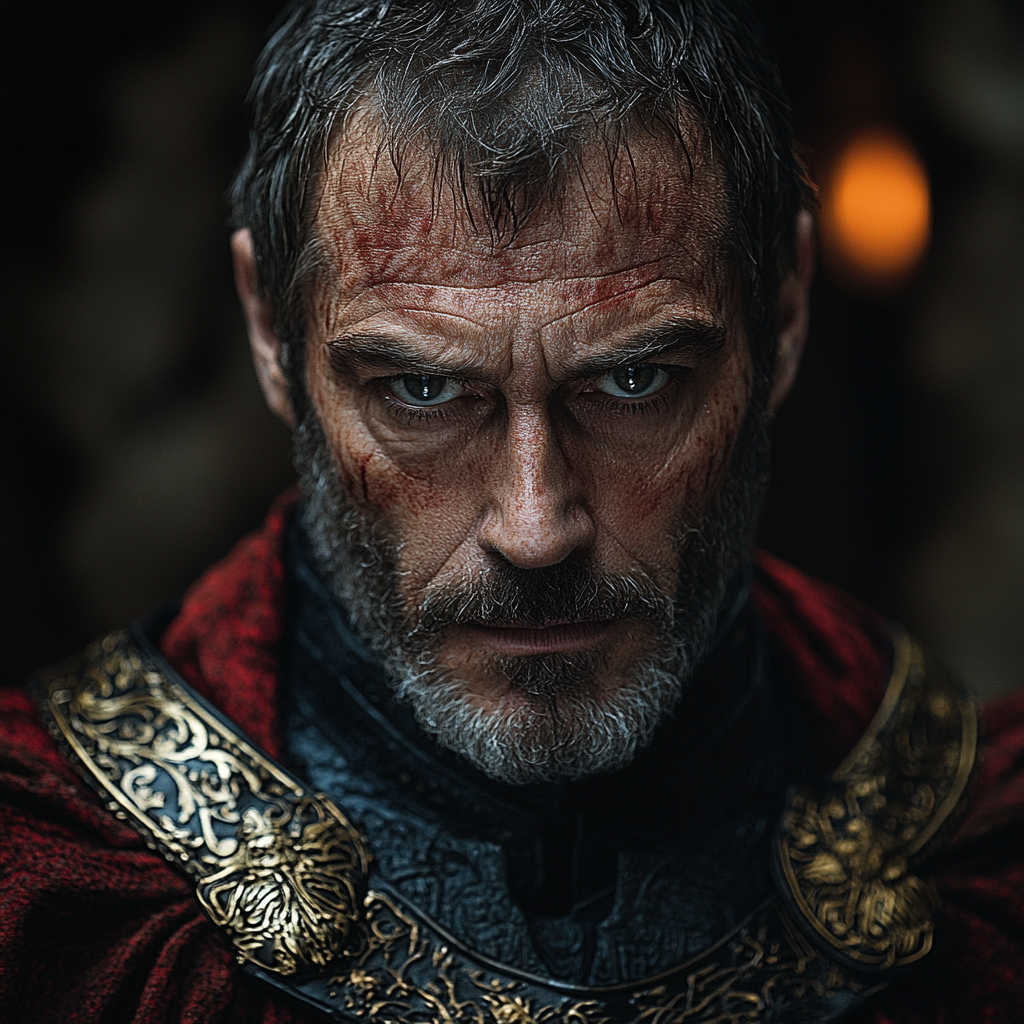
4. The Sacrifices for Power: The Death of Shireen
Now, hold on to your tissues—this one’s rough. The depth of Stannis’s tragic journey reaches its nadir with the harrowing sacrifice of his only daughter, Shireen. Melisandre’s cold nudging leads to this unbearable moment, forcing Stannis into a parent’s worst nightmare.
This act, driven by a warped sense of duty and power, mirrors the tragic tales of rulers like King Henry VIII, whose decisions tore families apart under the guise of political necessity. Stannis’s choice not only irrevocably scars his moral standing but shatters any remaining alliances.
5. Loyalty and Betrayal: The Fractured Allegiance
Stannis’s reliance on loyalty proves catastrophic as unrest brews within his ranks. The loyalty of his followers diminishes, leading to key defections—including those from the Night’s Watch. This betrayal paints a graphic picture of his failure to cultivate trust, akin to Julius Caesar’s missteps with his own generals.
The once-touted strength of his character crumbles as his followers believe they’re following a tyrant rather than a king. The camaraderie that once fueled his ambitions evaporates, illustrating a profound tragedy: the inability to balance ambition with empathy.
6. The Battle of the Blackwater: A Turning Point
The Battle of the Blackwater serves as Stannis’s critical failure. His well-planned assault collapses under unexpected opposition, leading to a devastating defeat. The valiant attempt highlights his determination but underscores the chaos of failed military maneuvers.
This battle leaves him reeling, reminiscent of commanders throughout history—like Hannibal after the Battle of Zama—who came crashing down following significant losses. The grim reality Stannis faces here reinforces that ambition devoid of tactical feasibility is nothing more than a recipe for disaster.
7. The Final Stand: The Battle of Winterfell
Stannis’s last stand at the Battle of Winterfell turns into a desperate bid for survival. He faces overwhelming odds—from the looming threat of White Walkers to the dwindling size of his forces. This confrontation, while a testament to his spirit, ultimately highlights despair more than glory.
The struggle is a reflection of King Leonidas’s tragic heroism at Thermopylae. Both leaders encounter insurmountable odds, emphasizing themes of relentless courage and the dreary costs of warfare. Stannis, despite his vigor, is ultimately crushed by the weight of his choices.
8. The Tragic End: Stannis Baratheon’s Legacy
Stannis’s legacy isn’t just marked by his death but by the lessons learned through his tumultuous journey. His unwavering ambition, while commendable, leads to a downfall steeped in tragedy. Rigidity, lack of empathy, and fatal reliance on dubious counsel eventually signals the end of his rule.
The profound truths about ambition and resilience are emphasized through his fate. Stannis Baratheon remains a cautionary figure, reminding us that the unyielding pursuit of power can come at a steep cost. His downfall echoes the tales of historical leaders who faltered under their own ambitions, crafting a legacy that warns of the painful reality that ambition can, and often does, lead to self-destruction.
Stannis Baratheon chased a dream that cost him everything—his family, allies, and life itself. His tragic journey serves as a poignant reflection on the perils of power, allowing us to ponder over the choices we make in our quests for our own “Iron Thrones.”
If you’re interested in additional content related to movies, streaming trends, or celebrity news, feel free to check out our latest features at Best Movie News.
Stannis Baratheon: A Story of Tragedy and Resolve
The Relentless Pursuit of Power
Stannis Baratheon is often seen as one of the most tragic figures in the “Game of Thrones” universe. This brooding character is a testament to the old saying, “nice guys finish last.” His relentless pursuit of the Iron Throne echoes the struggles of many historical figures who’d give anything to reach their goals. Intriguingly, studies show that loss doesn’t elicit sadness in everyone; some, like Stannis, are often stoic in the face of tragedy, raising the question of “why don’t I feel sad when someone dies?” as seen in everyday life.
Stannis’s unwavering dedication drives him to adopt drastic measures. This resolve can be likened to the passion seen in the creative arts; think of the ambitious projects showcased at places like Cinemart Cinemas, where filmmakers pour their heart and soul into their work, hoping to turn the tide of storytelling. Much like those filmmakers, Stannis’s pursuit often feels like a gamble. He puts everything on the table, mirroring those who’ve made their fortunes in unexpected ways. Just as one might ponder where Andrew Tate made his money, Stannis’s tragic decisions lead to questionable alliances and a high-stakes game of politics.
The Lure of the Lord of Light
Stannis’s story takes a fascinating turn when he embraces the Lord of Light’s teachings through Melisandre. This change exemplifies how often people turn to what seems like the ultimate solution, even if it leads to heartbreak. His faith compels him to make choices that many would argue are unforgivable, much like controversial topics that pop up in discussions about morally ambiguous characters. As the tragic tale unfolds, one can’t help but notice how desperation can lead to dire outcomes, akin to a trip to El Puerto which promises great food but can sometimes deliver disappointment—especially when expectation collides with reality.
Furthermore, the duality of Stannis reflects on the wider themes present in creative narratives, akin to characters portrayed in avant-garde storytelling, such as the eccentricities we’ve seen from the popularity of Weenus in pop culture. Stannis, while tragically misguided, remains steadfast in his belief that his way is the only way. Yet, underneath it all, there’s that human element—his motivations stem from love and duty, not just an unquenchable thirst for power, highlighting the conflicts we face in our everyday lives.
The Legacy of Stannis Baratheon
Ultimately, Stannis Baratheon’s journey is a poignant reminder of ambition’s heavier costs. His relentless and sometimes reckless drive echoes the spirit of many who, in trying times, strive for what they believe is their destiny. This is reminiscent of the capriciousness at a Hobby Lobby weekly sales ad, where anticipated savings can sometimes lead to regret when expectations don’t meet reality. As viewers and readers, we can’t help but be drawn to characters that capture the essence of human failure and miscalculations, allowing us to reflect on our own choices with a critical lens.
Stannis stands firm amid the chaos of allegiances, reminding us how passion and purpose can often lead one astray. His tale offers plenty of food for thought, just like an extensive buffet of narrative flavors, including the preferences shaped by our own experiences, preferences, and perhaps even guilty pleasures—much like the variety available on Hentai Websites. Ultimately, as we explore the fog of Stannis’s tragic path to power, we’re left with a compelling narrative that reflects real-world dilemmas. His life, though riddled with despair, compels us to question our own journeys and the sacrifices we’re willing to make for our beliefs.
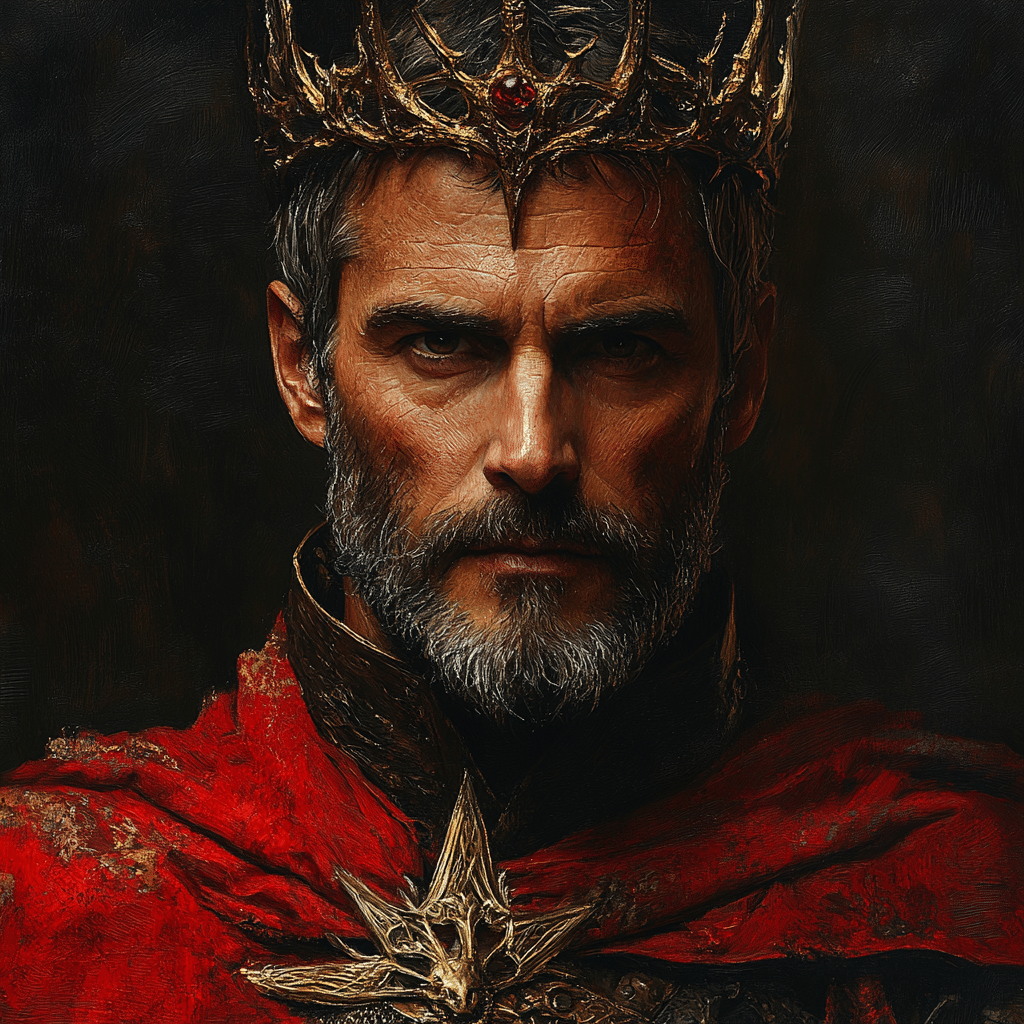
Why was Stannis killed?
Stannis was killed by Brienne of Tarth, who executed him in vengeance for her loyalty to Renly Baratheon, Stannis’s brother, after his forces were defeated in battle.
Is Stannis good or bad got?
Stannis is complex; he’s viewed by some as a good ruler who prioritizes duty and honor, but he’s also seen as villainous due to his ruthless decisions, like sacrificing his daughter, Shireen.
Did the red woman give Stannis a son?
No, Stannis didn’t have a son with the red woman, Melisandre; however, she did conceive a shadow assassin that killed his brother Renly in a dark plot to claim the throne.
Why is Stannis called the king who cared?
He’s called the king who cared because he was one of the few characters genuinely concerned about the realm’s safety and the threats beyond the Wall, particularly during the Night’s Watch crisis.
Why did Stannis wife hung herself?
Stannis’s wife, Selyse, hung herself after she couldn’t bear the guilt and despair over Shireen’s tragic sacrifice and the destruction of their family.
Why does Stannis hate Robb Stark?
Stannis’s hatred for Robb Stark stems from the latter’s rightful claim to the North and the threat he posed to Stannis’s own claim to the Iron Throne.
Who is most evil in Game of Thrones?
Determining the most evil character in Game of Thrones can be subjective, but figures like Ramsay Bolton and Joffrey Baratheon often top the lists due to their sadistic actions.
Does Tyrion defeat Stannis?
Yes, Tyrion did defeat Stannis during the Battle of Blackwater by employing wildfire to destroy Stannis’s fleet and delaying his advance on King’s Landing.
Are the Starks good or bad?
The Starks are often depicted as good, embodying values like honor and loyalty, though they also make mistakes and face challenging circumstances.
Did Melisandre sleep with Stannis?
Melisandre did have a complicated relationship with Stannis, and while they shared moments of intimacy, there’s no confirmation of a full sexual relationship in the text.
What is a shadow baby?
A shadow baby is a dark creature birthed by Melisandre, created using Stannis’s essence to assassinate Renly Baratheon as part of her mystical powers.
Is the Lord of Light good or bad?
The Lord of Light is portrayed ambiguously; some worship him for the supposed good he brings through fire and light, while others see the terrible sacrifices demanded as malevolent.
Why did Jon refuse Stannis?
Jon Snow refused Stannis’s support when he felt it compromised his integrity and the safety of the Night’s Watch, preferring to pursue an independent path.
Who betrayed Stannis?
Stannis was betrayed in part by his own allies, particularly those who turned against him and the fallout from his harsh decisions that alienated important supporters.
Why did Robert become king instead of Stannis?
Robert became king instead of Stannis because he successfully led a rebellion against the Targaryens and garnered widespread support and loyalty, overshadowing Stannis’s claims.

